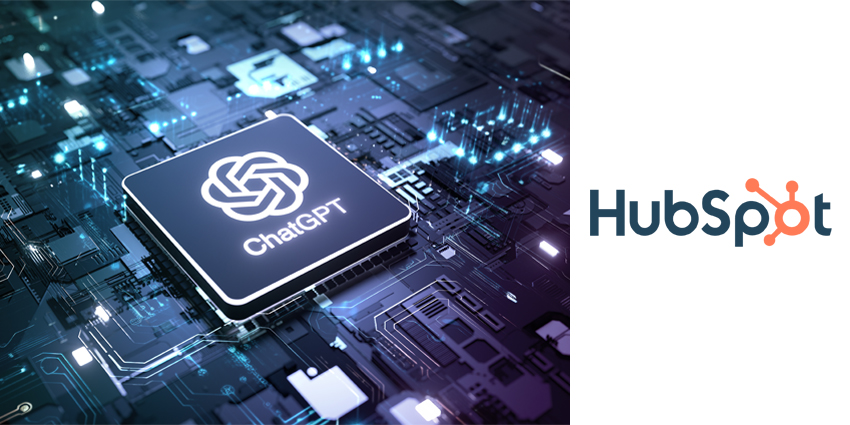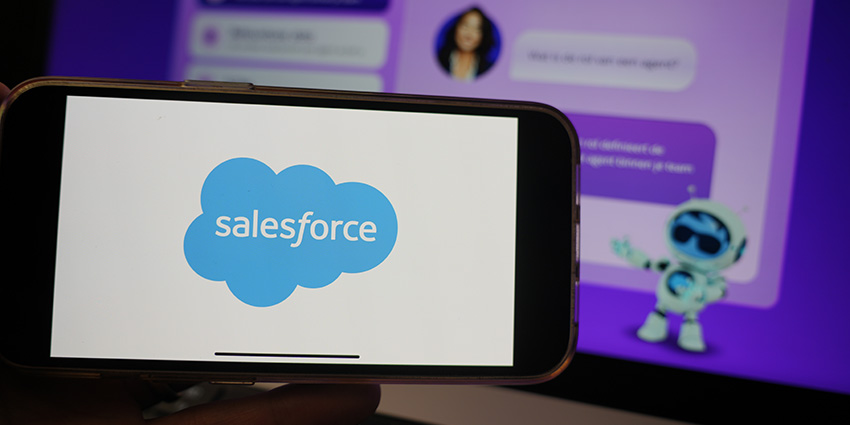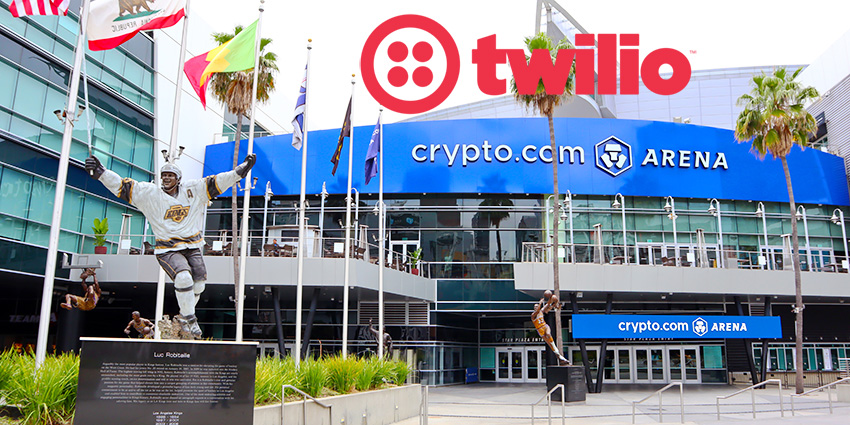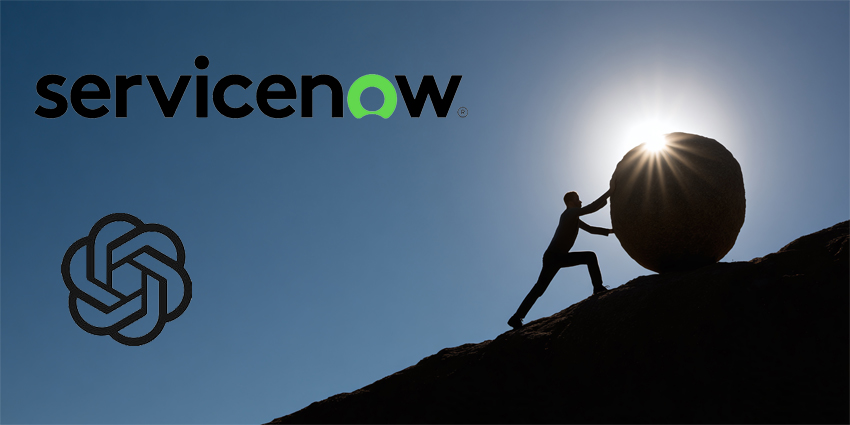HubSpot has announced a new update for its industry-first ChatGPT-CRM integration.
The connector, released last month, pulls CRM insights directly into ChatGPT for analysis.
Indeed, service, sales, and marketing leaders can search for patterns in the data, develop visuals, and create reports all from within the ChatGPT interface.
Now, it’s pushing the possibilities further, extending the search functionality and allowing ChatGPT to answer quick questions relating to HubSpot data.
For instance, customers could ask simple questions, such as: “How many open tickets do I have this week?” Or, they may ask more complex queries like: “Analyze seasonal patterns in ticket volume by category to forecast support team staffing needs for the upcoming quarter.”
In its responses, ChatGPT will provide answers “just as well” as it conducts deep research and analysis, per HubSpot.
HubSpot has previously promised “PhD-level” insights via that analysis, which also allows CX leaders to blend internal CRM data with web-wide intelligence.
By pulling these insights into their CRM, customer-facing teams can uncover company profiles, build out personas, and dive into prospect discovery.
When the functionality was first announced, Nate Gonzalez, Head of Business Products at OpenAI, said:
Launching the HubSpot deep research connector means businesses and their employees get faster, better insights because ChatGPT has more context.
“We’re thrilled to work together to bring powerful AI to many of today’s most important workflows.”
Away from the capabilities, it is interesting to consider the integration from a strategic point of view.
HubSpot isn’t just sprinkling AI on its CRM; it’s making ChatGPT a critical part of the data analysis workflow.
That could be good news for HubSpot customers… but maybe less so for some conversational intelligence vendors.
Could This Be a Problem for Conversational Intelligence Providers?
Platforms like Gong, CallMiner, and Chorus have been the go-to names for conversational intelligence for years.
They offer powerful transcription, analytics, and guidance tools to help teams close more deals and learn from every conversation.
But HubSpot’s move has raised an interesting question: what if, instead of buying a dedicated conversational intelligence tool, the business could just plug AI into its existing CRM and get many of the same benefits?
While HubSpot’s integration doesn’t go as deep as a Gong-style analysis engine, it does offer an increasingly compelling alternative, especially for smaller businesses.
For instance, sales teams can use it to summarize meetings, pull customer context, and even ideate follow-up messaging based on CRM activity and call logs.
That might be ‘good enough’ for many businesses, especially those already embedded in the HubSpot ecosystem, which mostly features SMBs.
As generative AI becomes more deeply embedded in core systems, like CRMs, the appetite for standalone AI tools could start to fade.
HubSpot’s ChatGPT Integration Aligns with Its Broader Strategy
HubSpot’s ChatGPT integration can benefit the full front office, helping sales teams surface customer insights, marketing map out content plans, contact centers unpack agent performance, etc.
While it may be the first of many vendors to create such a connector, the integration fits HubSpot’s broader strategy.
Indeed, it doesn’t want to be seen as a database provider. Instead, HubSpot is morphing into a live intelligence layer for the whole business.
Yamini Rangan, HubSpot’s CEO, has been clear on this point.
Speaking late last year following the acquisition of Frame AI, Rangan stated:
AI is only as powerful as the data behind it.
“While structured data has long been the foundation of CRM, unstructured data, like conversations, holds the key to deeper insights into customer sentiment, behavior, and intent.”
HubSpot’s new connector is an example of the CEO’s thinking in action. It’s not just ChatGPT for the sake of it; it’s ChatGPT tuned to a company’s customer data.
The Bigger AI Picture
Many headlines swirling around OpenAI relate to how it may transform search and shopping experiences.
Yet, it’s quickly finding a home in the enterprise, with new agentic AI, visualization, and web design capabilities released in recent months.
As it releases these capabilities, it is – whether by design or not – positioning itself as a simple alternative to conventional conversational intelligence vendors.
With a HubSpot plugin and integrations to other organizational knowledge sources available via OpenAI’s Plugin Store, its low-friction approach might help win over mid-market businesses that want AI capabilities but don’t want to juggle more vendors.
Still, there are limits.
ChatGPT, even when connected to CRM data, lacks the rigor of tools like Gong regarding compliance, advanced coaching, or pipeline forecasting.
So, while conversational intelligence vendors probably aren’t in full panic mode yet, questions are rising.
If platforms like HubSpot can keep delivering ‘good enough’ intelligence directly where teams already work, the market might start to ask: do we really need anything more?






